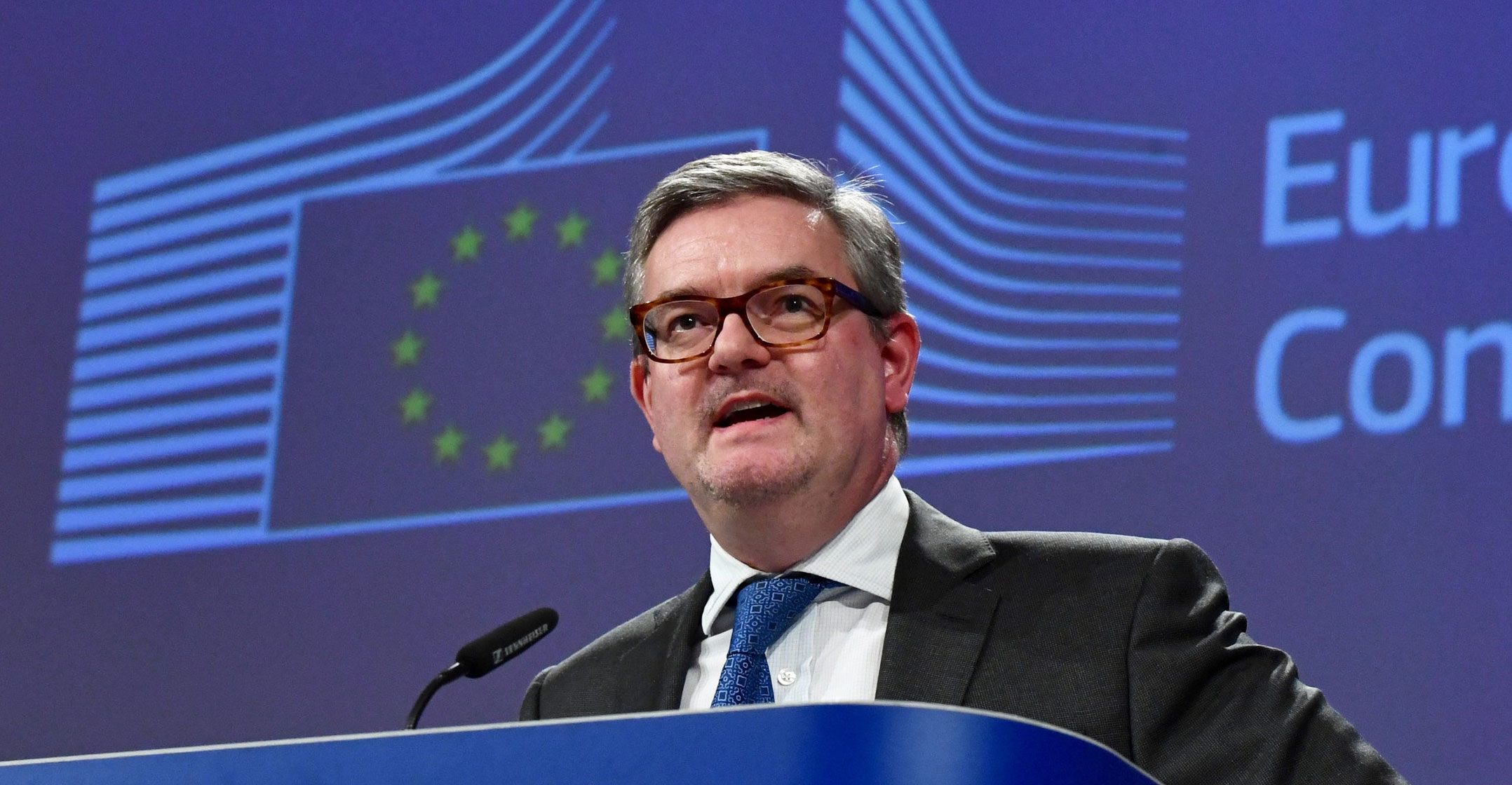
Facebook has been criticised for not acting quickly enough in the fight against fake news and lacking transparency on its progress.
Julian King, commissioner for the Security Union at the European Commission, described the social network’s reporting efforts as “still a bit patchy, opaque and self-selecting”.
His comments came as the commission published its first report on a voluntary code of practice signed by Facebook, Google, Twitter and Mozilla in October.
Although all signatories were told to intensify their approach in the run-up to the European Union elections in May, Facebook was singled out on several occasions by the commissioner.
“Leading European researchers have reported back that they’ve not been able to access, for example, Facebook data, and we need to do something about that,” King said.
“Facebook are doing the right things we’ve set out and we welcome the steps they’re taking but like some of the other platforms, they do need to pick up their pace and deliver.”
Praised
King also wished Nick Clegg good luck in his new job as Facebook’s head of global affairs, following his first public speech in the role on Monday. “I wish Nick Clegg well, I wish him luck, I think he’s going to need it,” he said.
Speaking alongside Mariya Gabriel, commissioner for digital economy and society, King said that tools designed to tackle disinformation needed to be made available across all EU member states and not a select few.
Facebook was praised for its action against new fake accounts and bots on the social network, but was told it still needed to do more to tackle existing fake accounts.
“Some commentators this morning on social media have made the point that you can’t fight fire with water pistols, well, it’s time for the platforms to show that they are bringing more than water pistols to this issue,” King continued.
The commission’s report comes on the same day Facebook laid out plans for an independent board it says will consider appeals over the social network’s content removal decisions.
In a draft charter, the social media giant said its user base of more than two billion people means that, in the interests of fairness and transparency, it alone should no longer have the final say on whether or not content is removed from the site.




